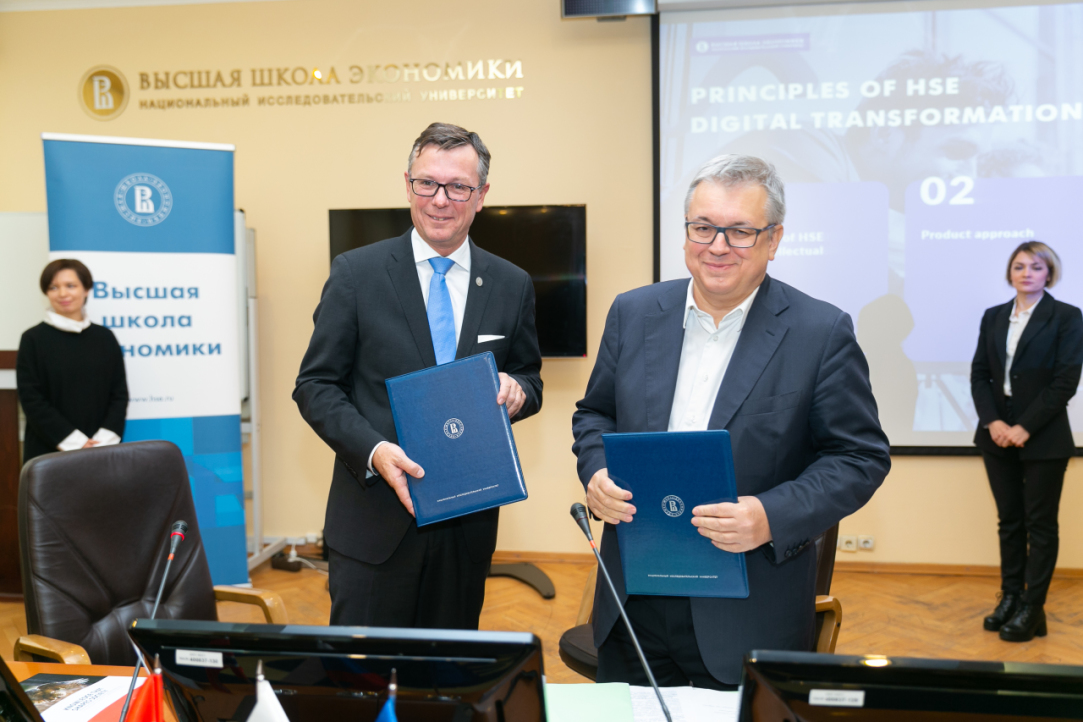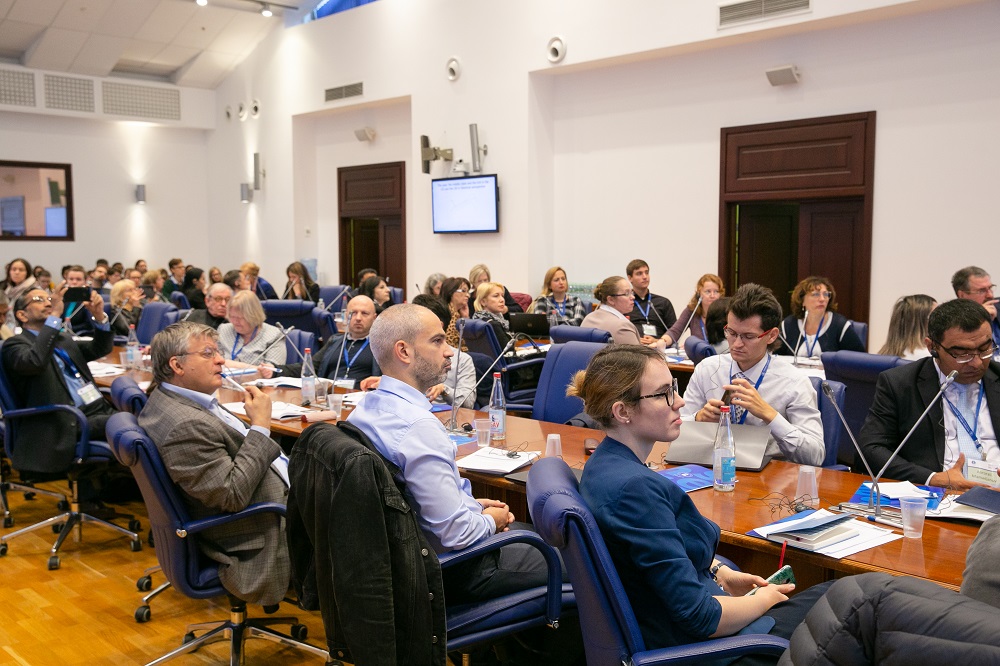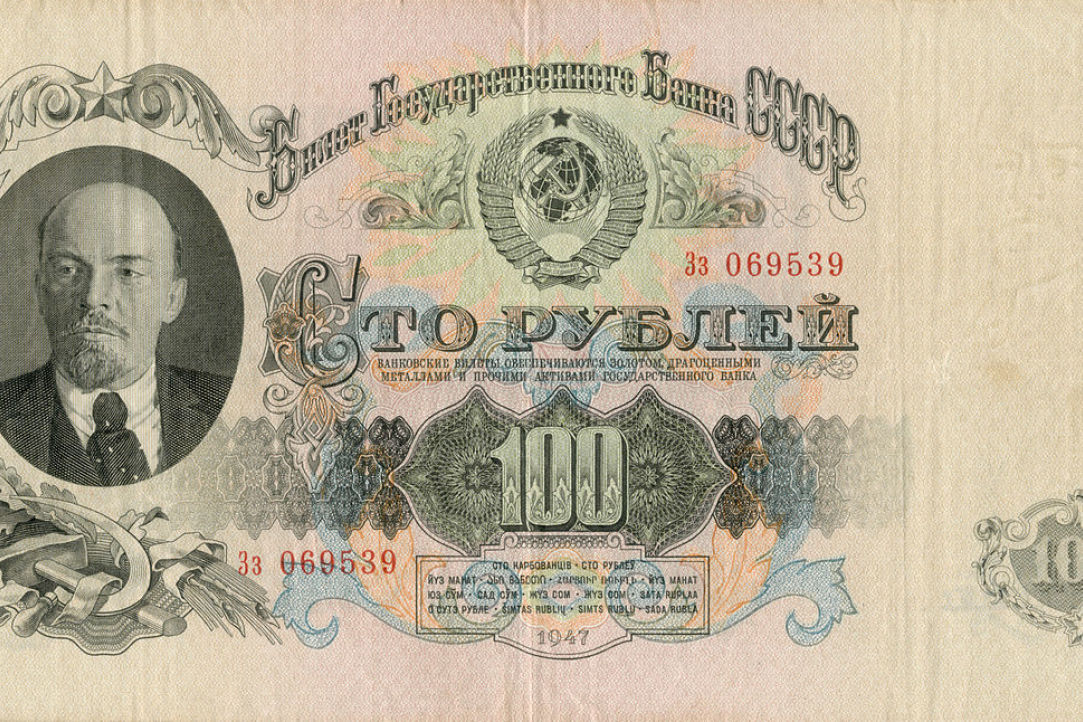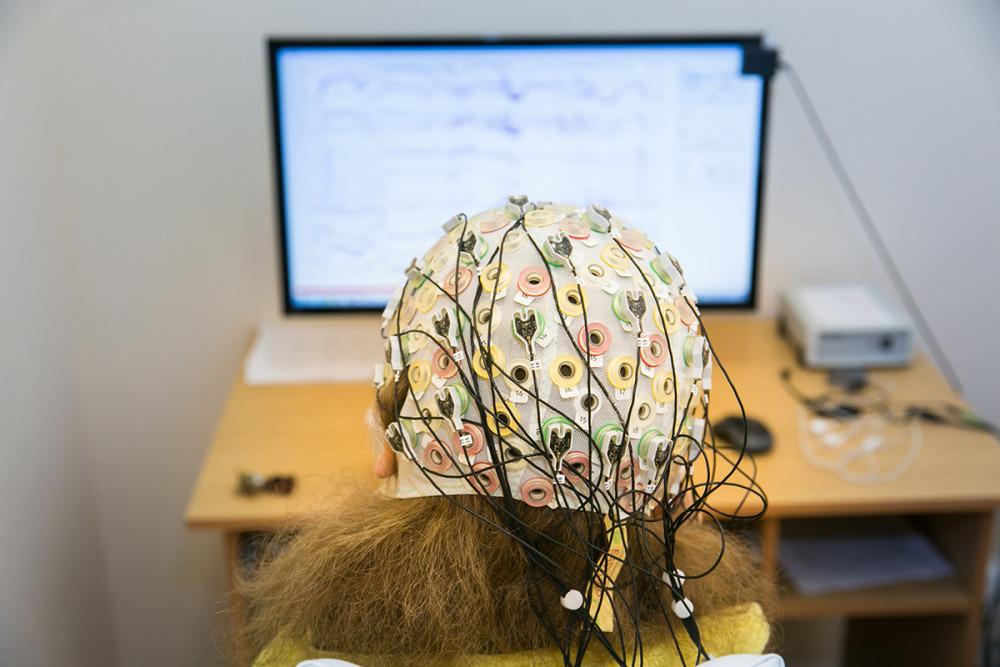'This Master’s Programme Has Given Me My First Experience of Living Outside Uzbekistan'
Khushnuda Khamidova earned her BSc degree in Economics with Finance in Tashkent before she enrolled in ICEF MSc Programme – the choice she made to gain expert knowledge and life experience.

HSE University and University of Bergen Sign Cooperation Agreement
The agreement provides for academic and cultural cooperation between the universities, student exchange, and joint research. HSE University and the University of Bergen have been partners in educational initiatives for eight years. The partnership began when the HSE Faculty of Law signed an agreement with the Norwegian university.

'My Revolutionary Year in Moscow' by Greta Pais
'If I was asked to describe – with one single word – the academic year 2018/2019 I spent in Moscow I would say: Revolution,' says Greta Pais, an exchange student from Ca' Foscari University of Venice (Italy).

Relatively Unhappy: How Strict Labour Laws Reduce Workers’ Happiness
Temporary or informally employed people are less satisfied with their lives than those with a permanent job. The most apparent differences can be seen in countries with strict labour laws. Tatiana Karabchuk and Natalia Soboleva investigated the legislative impact on the social well-being of employed populations in European countries and Russia.

Economists and Researchers Gather at International Conference on Wealth and Income in Eastern Europe and CIS Countries
On September 17-18, HSE University hosted a special conference with the International Association for Research in Income and Wealth (IARIW) on the topic of Experiences and Challenges in Measuring Income and Wealth in Eastern Europe and CIS Countries. This was the first IARIW conference to be held in a CIS country. HSE News Service spoke with American economist Barbara Fraumeni about her work with economic accounting and human capital and her experience attending the conference in Moscow.

Underground Capitalist in Soviet Russia
Nikolai Pavlenko, a shadow entrepreneur and creator of a successful business in Stalin’s USSR, was executed by firing squad in 1955. Running a successful commercial enterprise right under the dictator’s nose in a strictly planned economy was a striking but not so uncommon case in the Soviet Union at the time, according to HSE professor Oleg Khlevniuk who made a number of unexpected findings having studied newly accessible archival documents. Below, IQ.HSE offers a summary of what his study reveals.
.jpeg)
HSE University and Italian Embassy Sign Agreement on Internships for Italian Students
On September 20, HSE University Rector Yaroslav Kuzminov and Ambassador Extraordinary and Plenipotentiary of the Italian Republic Pasquale Terracciano signed a cooperation agreement between the Embassy of Italy and HSE University.

The Effect of Digitalization on School Children Calculated for the First Time
The HSE Institute of Education together with Yandex completed Russia’s first large-scale experiment assessing the impact of online technology on primary school students’ performance in school. The researchers concluded that online completion of assignments help improve mathematical literacy, particularly among underachieving students.

Upcoming Neuroeconomics Symposium Aims to Share New Research and Build International Collaboration
On September 23-24, the CCCP19 Symposium ‘Cognition, Computation, Neuroeconomics and Performance’ will be held at HSE University. The goal of the symposium is to exhibit cutting edge research at the CCDM, a leading cognitive neuroscience research centre in Russia, and LNC2, a leading European research centre in neuroeconomics, cognitive neuroscience and neural theory. Ahead of CCCP19, the HSE News Service spoke with the conference organizer and several invited speakers about the plan for this symposium and the importance of their research in the field.

